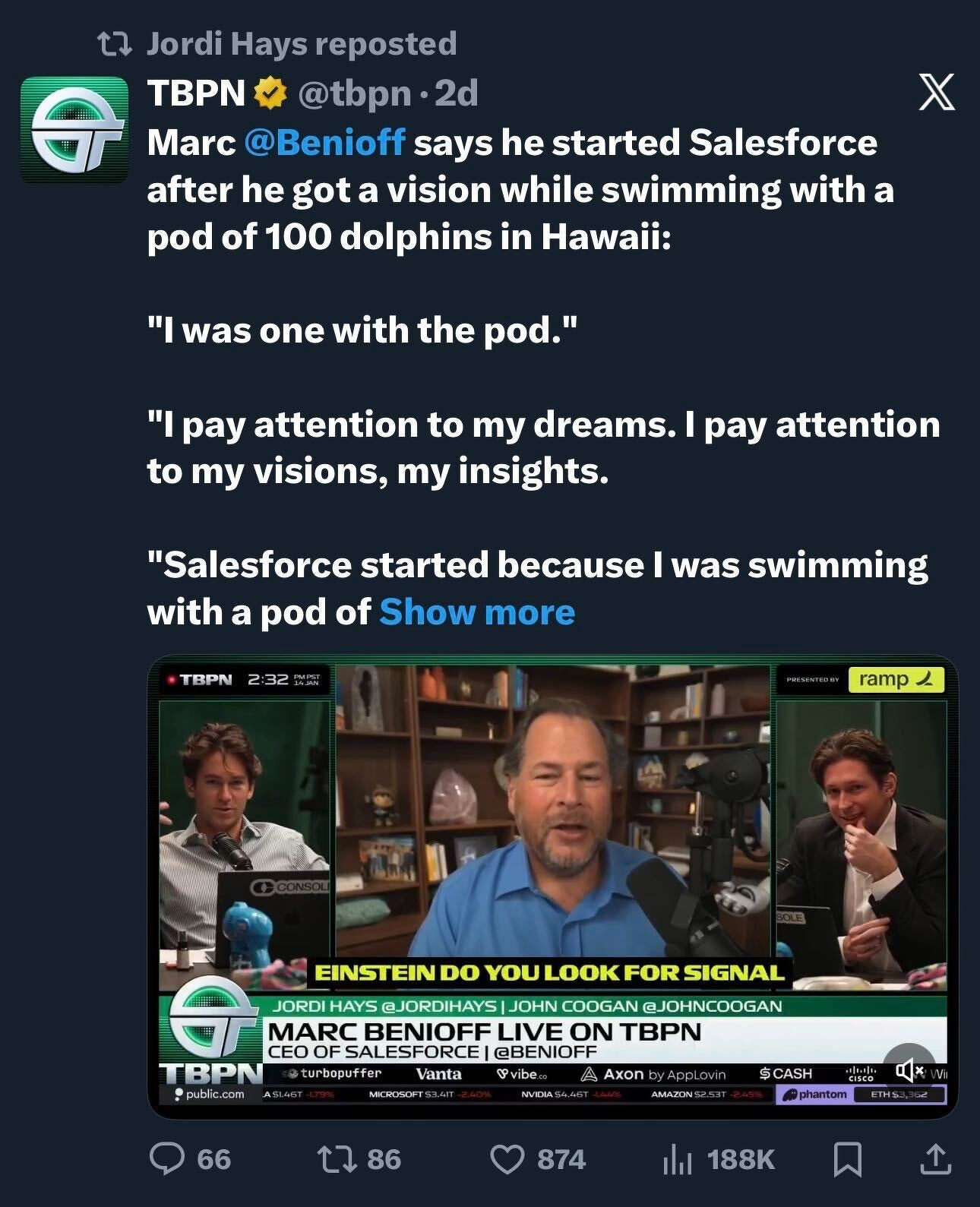Posts in "tech"
Internal Developer Platforms - Build vs. Buy
Kubernetes use rising, large organizations slowest to adapt, not many people train their own AI model or deploy new AI models frequently
This week’s Software Defined Talk: This week, we discuss the end of Cloud 1.0, AI agents fixing old apps, and Chainguard vs. Docker images. Plus, the mystery of Dutch broth is finally solved.
I recommend the traditional podcast format.
This week’s Software Defined Interviews: we talk with Nathen Harvey, who leads the DORA research program at Google Cloud. They talk about what 15 years of DevOps and delivery data actually says about AI. The answer feels something like “it makes you even better at what you’re already good at.” High-performing teams get better, while struggling teams just move faster into bottlenecks. The talk about AI-assisted software development, why throughput is rising while stability drops, how culture still beats tools, and why “user-centric” work remains stubbornly hard despite being obvious.
There’s also the traditional podcast version.
This week’s Tanzu Catsup: AI tools have solved code generation, probably. But they’ve created a new constraint: Day 2 operations. When the volume of applications jumps 10x driven by a flood of “small” line-of-business apps manual “run teams” and traditional onboarding processes break down.
Hey guys! Like and subscribe.
Enterprise AI ROI is still elusive. What IT can do to fix it. It's not "culture."
What do platform engineers need to do to prepare for a flood of AI-generated apps? If enterprises let loose “knowledge workers” with code generation, I think we’ll see 10x the amount of little applications out there. This is going to be a flood of Day Two problems for platform engineers, security, people, etc. So, on this week’s Tanzu Catsup, I asked Tony how he’d recommend handling that flood.
How to use AI for solo roleplaying with Dungeons & Dragons
